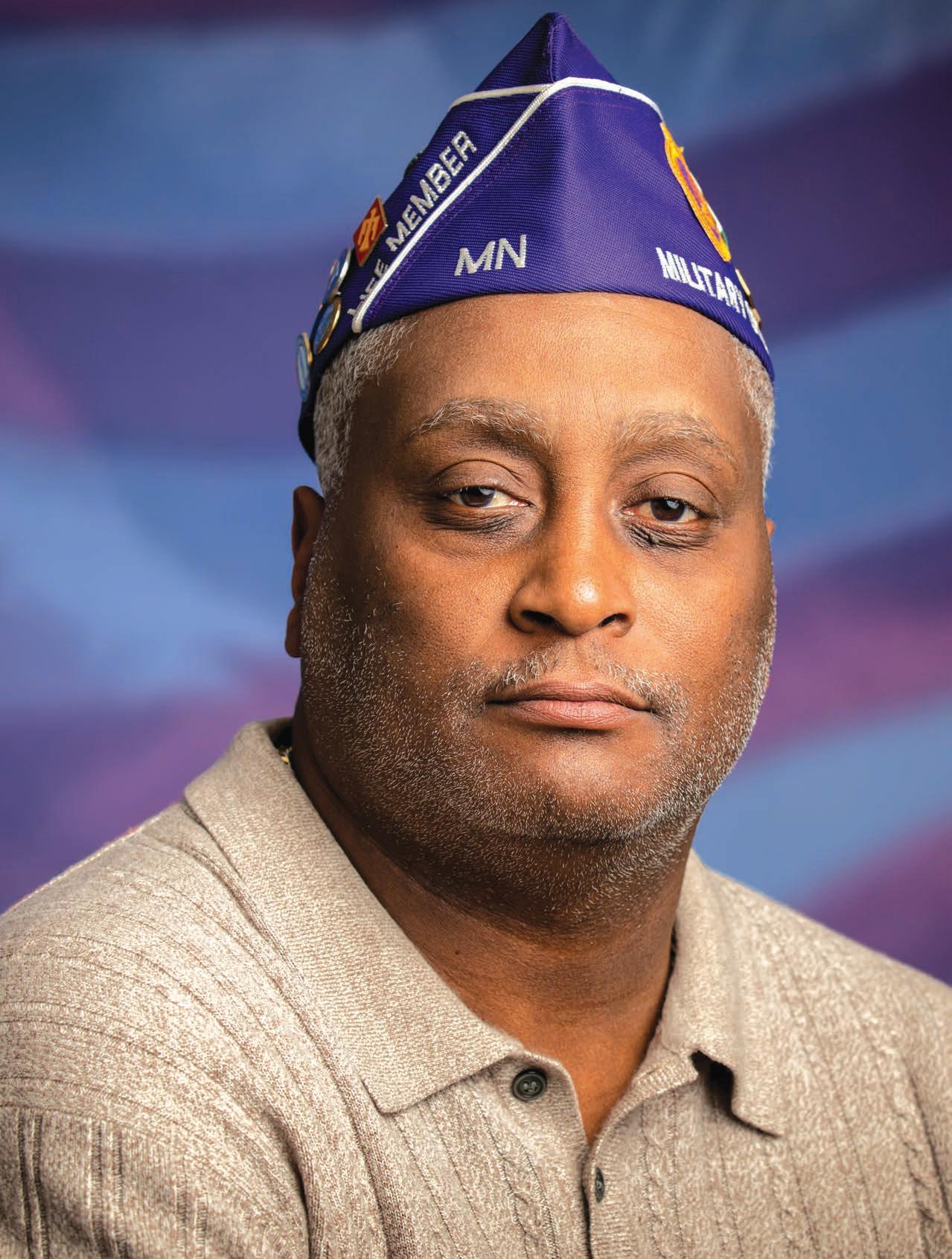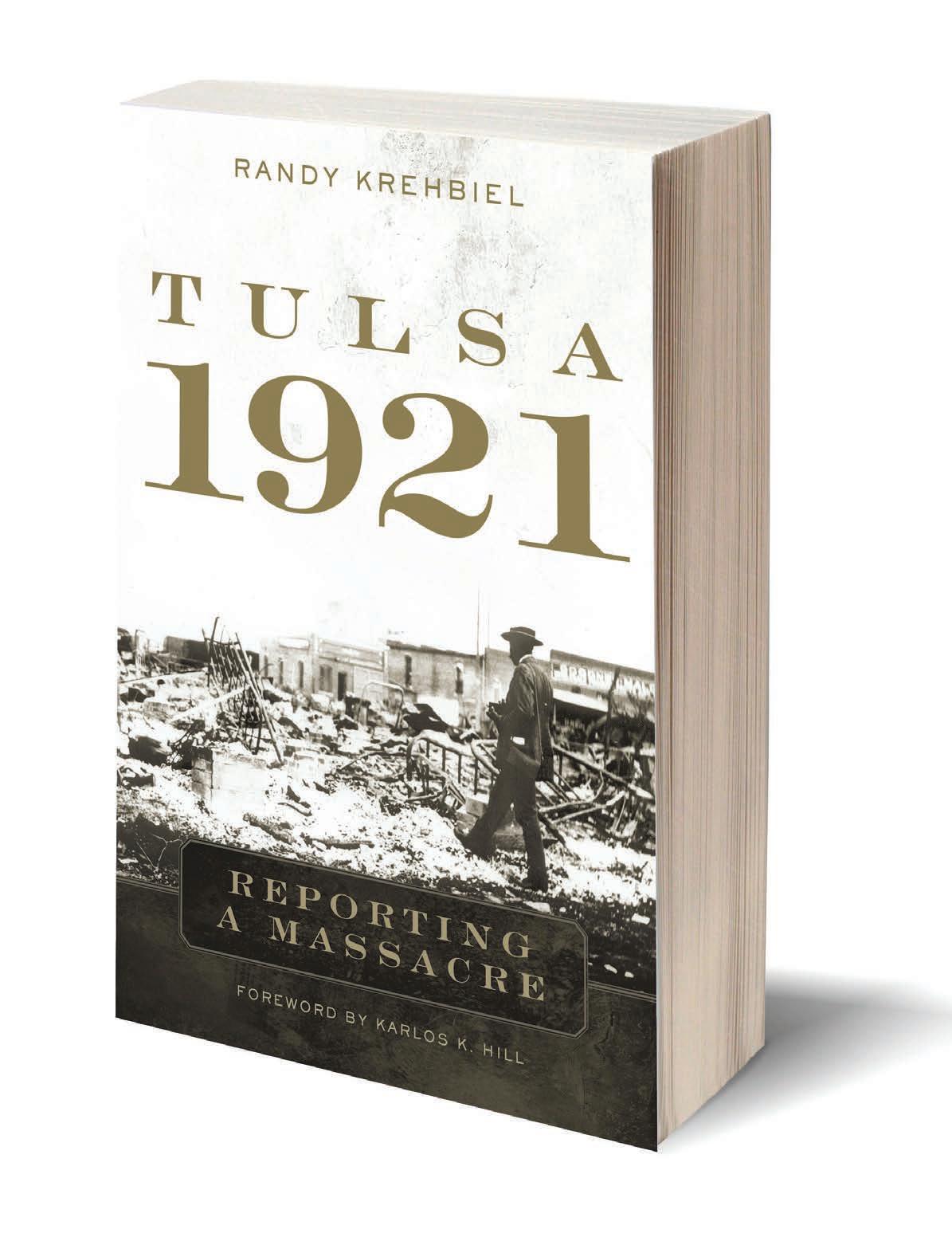COMMON BOOK TACKLES
1921 TULSA RACE MASSACRE Tulsa journalist Randy Krehbiel’s Tulsa 1921: Reporting a Massacre, is TCC’s 2020-21 Common Book, and sure to set the stage for a number of courageous conversations. “This is a big issue for the Tulsa area for the upcoming year,” says Lori Coggins, TCC’s Common Book coordinator. “We’re not sure how much our students know about it coming into college. The Race Massacre happened in our community and we need to have discussions about it.” Coggins and a 20-member committee from across the College gathered input from the TCC community, and made an effort to include more feedback in the book’s selection. The committee issued a call for nominations, with the stipulation that the book should focus on the theme of the Race Massacre.
says Coggins. “It’s interesting to see what the Tulsa World and what the Tulsa Tribune wrote about it, what the papers all over the country reported about it. We talked to Randy, and there’s a lot to talk about related to this book. There’s a lot we can dig into. Students can do research. We can visit actual places where these events happened. And then we can have conversations so we can better understand what happened and become better citizens. “People had to run for their lives. They had to escape. It’s pretty powerful stuff.” TCC initiated its Common Book program during the fall of 2019. The purpose of the program is to provide a shared foundation for students to engage with ideas and perspectives that can be very different from their own, leading to intellectual conversation and personal growth.
Sixteen books were suggested, some fiction, some non-fiction. The committee split the titles amongst themselves, with everyone reading a couple. There were many criteria for selecting the book. It could not be too long, nor too short. It had to be challenging, but accessible. It had to appeal to many disciplines across the College so as to be easily worked into different curricula. And the committee was more interested in a non-fictional take than a novel. “It was important that our students would get important historical information and really learn about the Race Massacre, as well as get to focus on the book and the author,” says Coggins. The committee selected Krehbiel’s book for a number of reasons, including the fact that the author is a local, and well respected in the community. “He looks at how this event was reported and recorded,”
25






